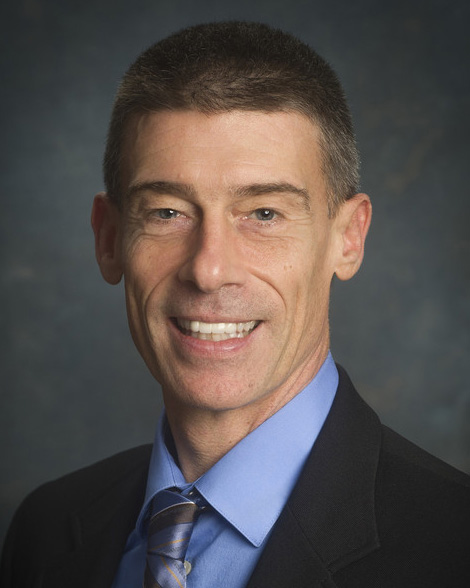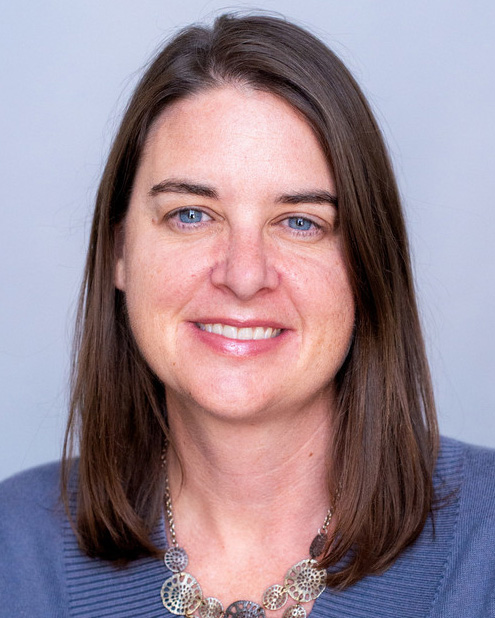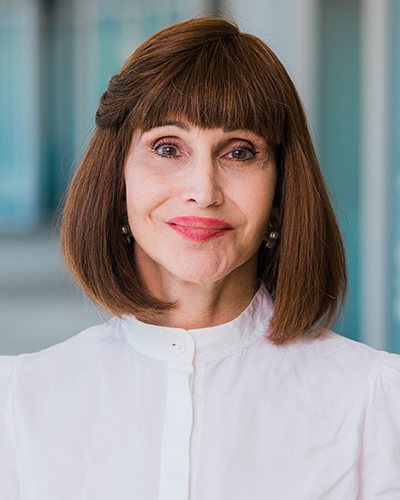Five outstanding educators from the School of Medicine were honored as winners of the 2022 Dean’s Excellence Awards in Teaching, an honor that recognizes recognizing exceptional contributions by UAB Heersink School of Medicine faculty.
In Part 1 of a two-part series highlighting these educators, senior faculty winners Shawn Galin, Ph.D.; Erin Snyder, M.D.; and Teresa Wilborn, PharmD, Ph.D., share their inspirations for teaching, along with tips for faculty looking for new resources in education.
Shawn Galin, Ph.D.
Professor, Division of Pulmonary, Allergy and Critical Care Medicine
How did you come to be interested in teaching?
Interestingly, I did not seek out teaching, rather teaching found me. I never really had any aspirations or goals regarding education early in my scientific career. However, I was asked to provide a lecture soon after landing my first faculty position. Those early lectures, and subsequent student feedback, completely changed my career trajectory both rapidly and in a very positive way.
What inspires you to teach?
Knowing I am making a difference, having an educational impact, on the training of our future physicians and other health care professionals inspires me in all my educational activities. Working directly with students and witnessing their eagerness to learn, definitely encourages and inspires me to provide the best classroom experience I can.
What is your favorite aspect of working with learners and trainees?
I love seeing the “light bulb” moment when a student finally connects the dots and a complex problem or extensive pathway suddenly makes sense to them. This moment continuously brings a sense of gratitude and appreciation for having the opportunity to be an educator.
Do you have a favorite course? Would you share why it’s your favorite?
I am very fortunate to both lead and teach in the Endocrine Systems course for the Heersink School of Medicine. The Endocrine system contains numerous glands, lots of hormones and multiple feedback systems to learn and understand. The physiology and clinical correlates become more complex and challenging as the course progresses. Watching students fully engage to progress and gain a deeper understanding makes all the hard work worth it.
What resources do you use to keep refining your teaching skills?
I am always seeking out professional development opportunities to further hone my teaching skills. I feel this is key to being an effective educator. The Center for Teaching and Learning at UAB continues to do a great job in providing such opportunities on our campus.
What resources would you recommend for faculty who want to learn or develop new skills in teaching?
Be open to requesting and receiving feedback. The power of feedback to educators on what is happening in their classroom cannot be overestimated. Ask colleagues and seasoned educators to observe your classroom. It is also critical to seek out professional development opportunities focusing on education and teaching. These opportunities, combined with feedback, can transform how you approach all your educational activities.
Erin Synder, M.D.
Professor, Division of General Internal Medicine
How did you come to be interested in teaching?
I really did not think of myself as a teacher until I was a third-year resident. I had such amazing teachers in medical school and resident, that I really never saw myself as able to stand next to them as educators. But once I stepped into a leadership role as an upper-level resident, I was able to see how much that I had learned up to that point, and how I could translate that knowledge to the students and interns that I was working with. Once I embraced the role, I saw the joy and connection inherent in teaching and have never looked back.
What inspires you to teach?
Our health system is changing rapidly, the work is harder and more intense than ever. I don’t know exactly what kind of system the trainees that I interact with now will step into when they start their careers. But there are some constants that are so important to our profession- advocating for what is the right thing for this patient on this day, taking the time and focus to really listen to patients, and applying and explaining medical knowledge individually. We will need our trainees now to absorb these lessons so that they can be sure that the critically important one on one and individual encounters with patients remain a focus in our redesigned health systems of the future.
What is your favorite aspect of working with learners and trainees?
Working with students and residents is inherently inspiring. More than I was when in their position, learners today are advocating for system changes that will benefit society as a whole. We can do better in health care, and I think that our current generation of learners in medicine will help us do better. I learn from students and residents, by their enthusiasm, honesty, and advocacy, more than I can teach them.
What resources would you recommend for faculty who want to learn or develop new skills in teaching?
Look to your professional societies that focus on medical education. For me, the Society of General Internal Medicine and the Association of Program Directors in Internal Medicine have been critical to learning new skills, seeing innovations from other institutions, and connecting with other educators. These connections are key to staying in touch with the important issues facing our learners and our institutions and making sure that we are bringing these insights back home to UAB.
Teresa Wilborn PharmD, Ph.D.
Professor, Department of Pharmacology & Toxicology
How did you come to be interested in teaching?
I first became interested in teaching when I became a peer tutor in the fourth grade. An inspiring high school teacher further encouraged my career path.
What inspires you to teach?
I am inspired when I look at a classroom full of students and think about all the potential they have to go out into the world and do wonderful things.
What is your favorite aspect of working with learners and trainees?
In the medical school I am very fortunate to work with students throughout the preclinical curriculum. It is rewarding to see the students mature in their medical knowledge and begin to integrate material they’ve previously learned to solving the problem at hand.
Do you have a favorite course? Would you share why it’s your favorite?
My favorite pharmacology topic is the Autonomic Nervous System (ANS). It is the first topic in the pharmacology curriculum and provides the groundwork for understanding the actions of many drugs. Returning to ANS concepts throughout the curriculum helps students understand that building on previous knowledge is much more beneficial than memorizing isolated facts.
What resources do you use to keep refining your teaching skills?
At UAB, the Center for Teaching and Learning and the eLearning Center have provided great workshops and assistance. I enjoy seminars provided by the International Association of Medical Science Educators (IAMSE) and frequently read articles from AAMC Academic Medicine and MedEdPORTAL.
What resources would you recommend for faculty who want to learn or develop new skills in teaching?
Beyond the resources I mentioned above, I would say that interacting with fellow educators is the most vital way to develop teaching skills. Finding a good mentor and interacting with colleagues help expand teaching competence and provide a community of support.